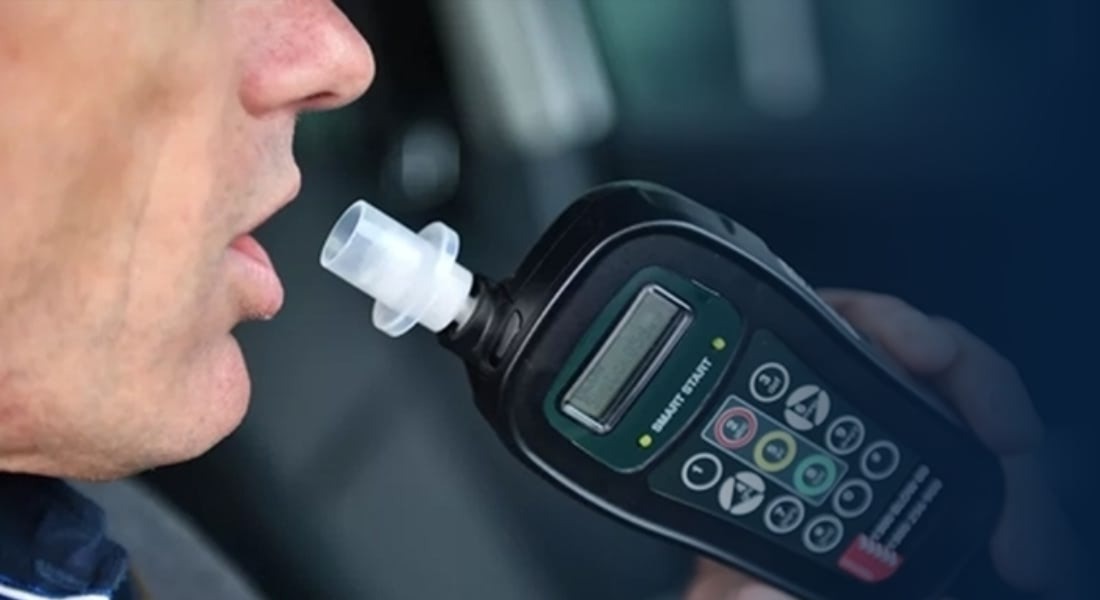As electric vehicles (EVs) become more popular, having a home EV charger is one of the most convenient ways to ensure your car is always powered up and ready to go. Charging at home eliminates the need for frequent trips to public charging stations and provides a cost-effective solution for daily charging needs. In this guide, we’ll cover everything you need to know about home EV chargers, from their types to installation and maintenance.
Understanding Home EV Chargers
Home EV chargers, also known as EVSE (Electric Vehicle Supply Equipment), allow EV owners to charge their vehicles conveniently and safely at home. Instead of relying on public charging stations, which may not always be available or cost-effective, a home EV charger provides a dedicated power source tailored to your vehicle’s needs.
These chargers come in different types and power levels, which impact how quickly a car can be charged. The two main categories of home EV chargers are:
Level 1 vs. Level 2 Chargers
Level 1 Chargers
- Use a standard 120-volt household outlet.
- Typically included with the purchase of an electric vehicle.
- Charging speed: Adds about 2-5 miles of range per hour.
- Best for drivers with short daily commutes.
Level 2 Chargers
- Require a 240-volt outlet, similar to those used for dryers or ovens.
- Significantly faster charging speed: Adds about 10-60 miles of range per hour.
- Often installed in garages or driveways for more convenient overnight charging.
- Requires professional installation.
Choosing the Right Home EV Charger
Selecting the best home EV charger depends on various factors such as vehicle compatibility, charging speed, and installation requirements.
Key Features to ConsiderCharging Speed
The charging speed of a home EV charger is measured in kilowatts (kW). Higher kW ratings result in faster charging times. Most Level 2 chargers offer 3.3 kW to 11 kW charging rates.
Smart vs. Basic Chargers
- Smart Chargers: Equipped with Wi-Fi or Bluetooth connectivity, allowing users to monitor charging, set schedules, and track energy consumption via an app.
- Basic Chargers: Function without connectivity features, providing a straightforward plug-and-charge experience.
Plug-In vs. Hardwired Chargers
- Plug-In Chargers: Can be easily installed using an existing NEMA 14-50 outlet.
- Hardwired Chargers: Permanently connected to your electrical panel, offering a more secure and weatherproof installation.
Installation and Setup
Proper installation of a home EV charger ensures safety and optimal performance.
Electrical Requirements
- Level 2 chargers require a 240V circuit with an appropriate amperage rating (usually 30A to 50A).
- A dedicated circuit is recommended to prevent overloading the home’s electrical system.
Installation Process
- Choose a location: Preferably near where you park your EV.
- Hire a licensed electrician: Professional installation ensures compliance with local electrical codes.
- Upgrade your electrical panel if needed: Some older homes may require additional electrical work.
- Mount the charger and connect wiring.
- Test the system to ensure proper functionality.
Maintenance and Safety Tips
Regular maintenance ensures the longevity of your home EV charger.
Cleaning and Inspection
- Keep the charging cable clean and tangle-free.
- Check for wear and tear on the cable and plug.
- Inspect the unit for dust, dirt, or damage regularly.
Safety Precautions
- Avoid using extension cords with EV chargers.
- Ensure the outlet and wiring can handle the charger’s power demand.
- Keep the charger away from direct exposure to extreme weather conditions unless it is designed for outdoor use.
Investing in a home EV charger enhances the convenience of owning an electric vehicle by providing reliable and cost-effective charging. With a dedicated charging station at home, you can avoid frequent trips to public charging stations and ensure your EV is always ready to go.
Installation Considerations Installing a home EV charger requires assessing your electrical system, choosing the right amperage, and ensuring compliance with local building codes. Many Level 2 chargers require a dedicated 240V circuit, which may necessitate electrical panel upgrades. Hiring a licensed electrician ensures safe and code-compliant installation. Smart Features and Connectivity Modern EV chargers come with smart features such as Wi-Fi connectivity, mobile app integration, scheduled charging, and energy monitoring. These features help optimize charging times to take advantage of lower electricity rates and provide remote access to manage charging sessions. Cost and Incentives The cost of a home EV charger varies depending on its power output and features, typically ranging from $300 to $1,500. Installation costs can add another $500 to $2,000. However, various federal, state, and utility incentives may be available to help offset these costs. Maintenance and Longevity EV chargers are generally low-maintenance but should be periodically checked for wear and tear. Keeping the charging cable clean, ensuring proper ventilation, and updating software (for smart chargers) help maintain efficiency and longevity. By understanding the different types, installation requirements, and maintenance tips, you can select the right charger that best suits your needs. Whether opting for a basic or smart EV charger, having a home charging station is a step toward efficient, cost-effective, and sustainable driving.





